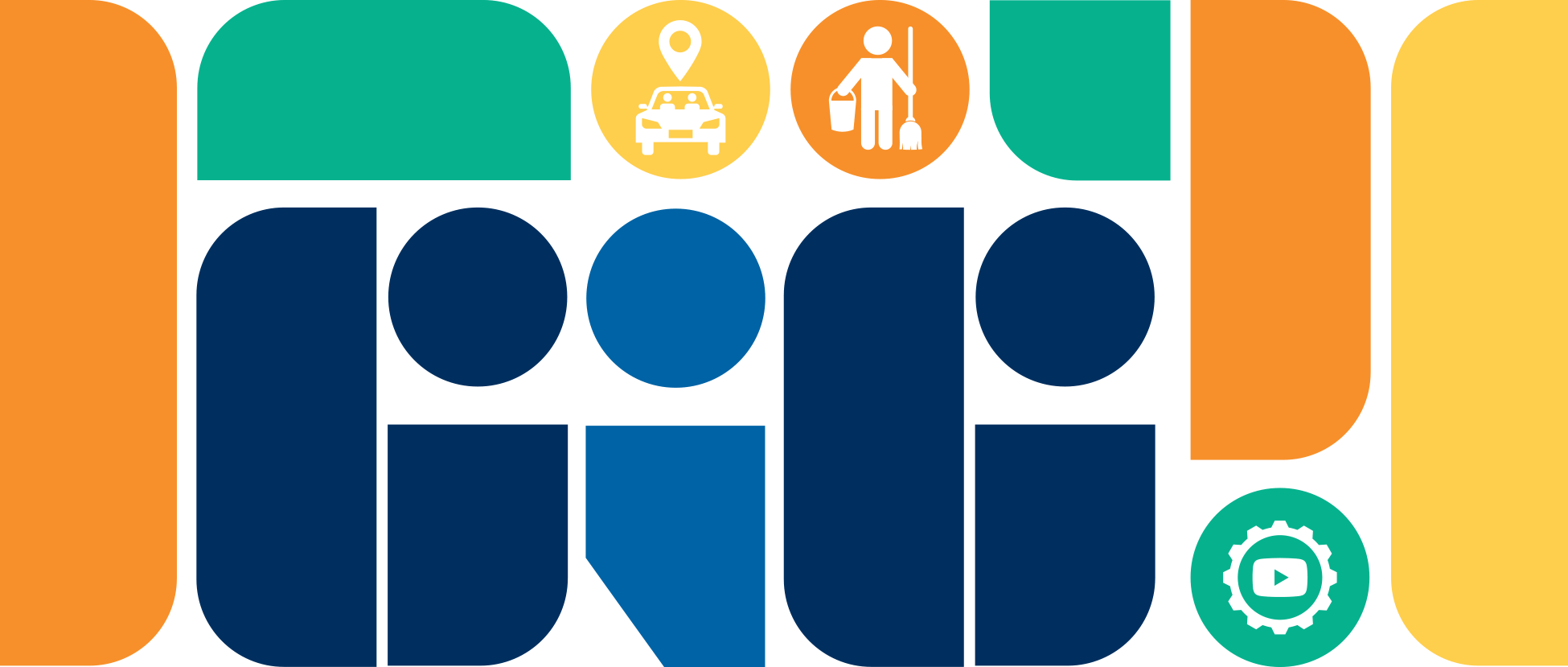Researchers at the University of Toronto just released the most recent statistics on the rates of food insecurity across Canada. Between 2020 and 2023, the percentage of households in Alberta who struggle with food insecurity has skyrocketed from 18.5% to 27.4%. In addition, more than one in four of all food-insecure homes across our province face severe levels of deprivation that force them to skip meals or eat nothing for an entire day or longer. Alberta also has the highest rate of food insecurity amongst employed people across Canada. An astounding 68% of food-insecure households are led by working adults who cannot make ends meet despite regular access to wages or self-employment as their primary income source.
Due to the staggering rise in the cost of living, the Institute for Research on Public Policy has just published a study on the benefits of a cash-transfer policy to enhance the ability of low-income households to afford enough healthy food on a regular basis. This study evaluates various policy options that the federal government could implement to address the urgent need for stronger income supports for vulnerable households. The Institute has also proposed a new Groceries and Essentials Benefit as a specific policy response to alleviate the escalating rates of food insecurity across Canada. The key recommendations for this benefit are to target the lowest-income households with $150 per adult and $50 per child each month to increase their financial stability to pay for all essentials without cutting back on healthy food.
The need for the proposed Groceries and Essentials Benefit was validated by I Can for Kids’ own research. Our data shows how modest income subsidies can help reduce or prevent the serious health and social harms caused by prolonged, recurring, or short-term food insecurity. We purposefully aligned our model with expert recommendations to establish income-based solutions that directly address the negative consequences of food insecurity and financial strain. The recipients of our program continually tell us that access to grocery gift cards enables them to avoid eviction from their homes, follow specific diet recommendations, and pay for much needed medications and therapies. Strategic income policies will scale this positive impact quickly and broadly across all food-insecure populations.
iCAN advocates for evidence-based responses such as the proposed Groceries and Essentials Benefit. Although grocery prices continue to rise, there are multiple drivers of food insecurity such as the all-time highs in housing, energy, and transportation costs. Food-insecure families and individuals will always choose to cut back on the amount they eat just to ensure they can survive. Numerous studies have demonstrated how the rate of food insecurity declines among households who receive improved income supports. The Groceries and Essential Benefit would help ease the distress of the growing number of families and households who often need to make really tough decisions between paying rent, taking care of their health, or buying something to eat.
Together, we can inspire a society that targets effective income benefits to households who need it most. In this way, everyone can meet their basic needs and gain equal footing to thrive, contribute, and participate. If you’d like to advocate for better policies such as the Groceries and Essentials Benefit, we recommend you contact your Member of Parliament (MP) to express your support. You can identify your local MP through this online directory by entering your current postal code: https://www.ourcommons.ca/members/en




